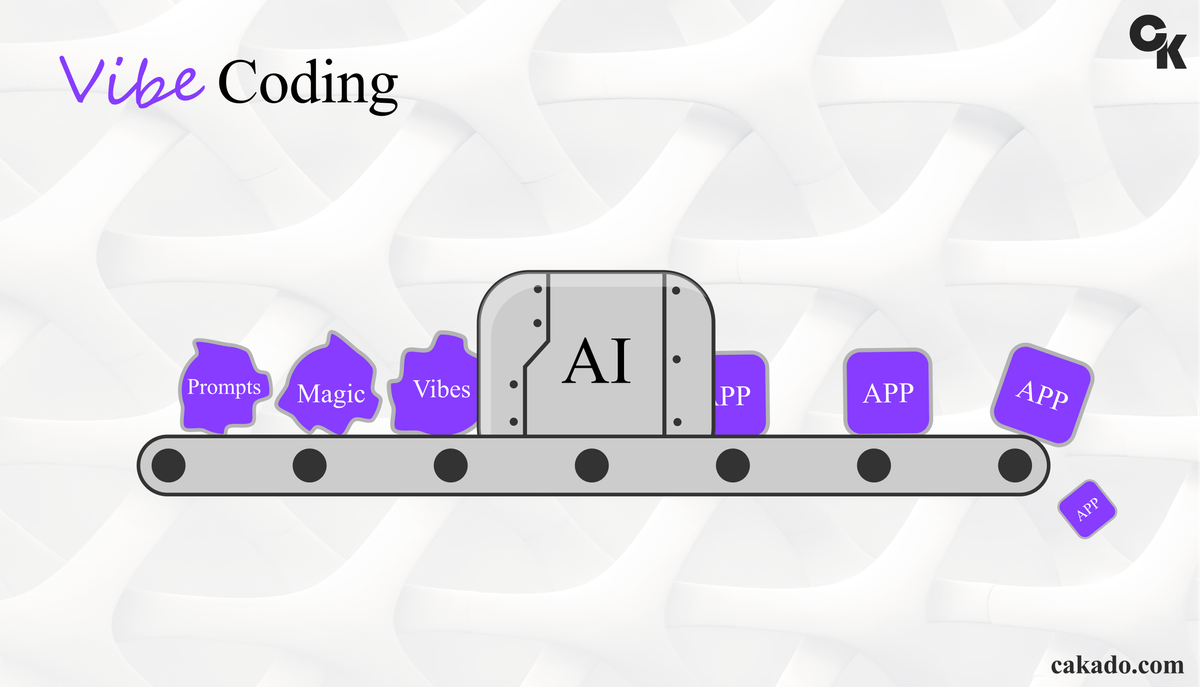Vibe Coding: A prototype in 5 minutes

AI can do text. We've known that for a long time. AI can code. That's nothing new either. But what we are now seeing more and more is that AI is also becoming increasingly independent in terms of development.
Vibe coding refers to a programming method in which you formulate your idea in everyday language and an AI takes over the writing of the actual code. The term was introduced by Andrej Karpathy in February 2025 and was already noted as "slang & trending" in the Merriam-Webster dictionary in March. Instead of complex syntax, you simply write or speak what you want your application to do, and the AI model translates this into executable programs.
The whole thing is made possible by the multimodality of modern language models and their advanced reasoning capabilities. The tool not only returns a code to you, but also puts it directly into the program where it belongs and even executes it. Entire apps can be created in just a few prompts without writing a single line of code.
Tools such as Bolt, Cursor or Firebase Studio make application development accessible to everyone and allow you to build fully-fledged front-end and back-end applications in no time at all. IT specialists who rely on AI have long been using language models for debugging, documentation or as a coding aid. Only developing complete applications with AI is relatively new. This naturally raises the question:
"Is AI now replacing programmers??"
No, of course not. You have to ask yourself who vibe coding is for and where it is inappropriate. Personally, I can program and have a technical affinity, but I don't have the theoretical basis and experience that a developer has. What takes the developer days would take me weeks. Especially when it comes to POCs or simple prototypes, I can come up with presentable solutions faster than ever. After that, it's a question of testing, documentation and traceability.
So if you want to put an idea into practice without having completed a degree in computer science, vibe coding is a valid option. Of course, this does not mean that such apps can be launched on the market without thinking. If you want to code Vibe, you have to be aware that AIs can make mistakes and that every line of code can become faulty at any time. If you don't know your own code, you can't maintain it. This is why good developers will continue to be irreplaceable in the future. Perhaps the focus will shift from writing to debugging, but nobody will be replaced here.
I look at the issue with an optimistic and a critical eye. I can get my MVP to testers faster than ever before, but there's more to development than that. A proper architecture, the right tech stack or market analyses to identify features. All of these remain important components that, in my opinion, should be done by humans before AI coding. Especially when projects go beyond individual small apps, AI (still) quickly reaches its limits.
How do you see this?
Sources:






